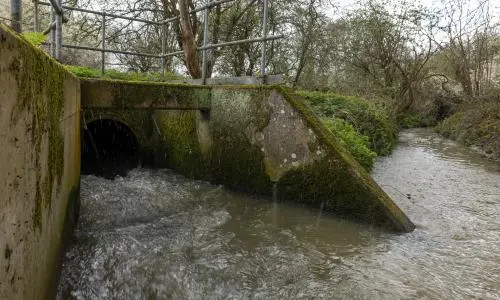Thames Water is currently facing a public backlash over a multimillion-pound water “recycling” scheme promoted as a solution to tackling climate crisis-induced droughts.
According to available information, the technology involves using effluent from sewage treatment works, putting it through a further layer of treatment and releasing the treated water into a river, in order to replace the same amount of water that is abstracted off for drinking water.
Thames Water’s £250m scheme would involve abstracting 75m litres of water a day from the River Thames at Teddington, south-west London, in times of drought, and replacing it with treated sewage from the nearby Mogden sewage treatment works via a new tunnel.
The company is said to be promoting its water recycling project as one solution to finding more water sources in the coming decades, and the use of indirect water recycling is also being promoted by other water companies in their draft plans for the next decades.
However, campaigners have raised a number of potential environmental concerns such as damage to river systems from the increased water temperatures caused by pumping treated sewage into the river during low flow, a change in the salinity of the river, and the impact on fish and biodiversity. Critics say fixing Thames Water’s leaks of 630m litres a day would provide much more water than the recycling project.
Read also: Research shows extreme drought in northern Italy mirrors climate in Ethiopia
Ian McNuff, who is a founding member of Save Ham Lands and River, said there were multiple flaws in the scheme. He believed it was not a long-term strategic solution to providing future water resources.
“Thames Water keeps trying to tell us this won’t make the river any worse … But we want to make the river better, healthier and more resilient for the future. This will only cause more pollution.”
And he raised another concern, over the impact on river quality from so-called forever chemicals, per- and polyfluoroalkyl substances (PFAS), potentially contained in the treated effluent. “Thames will not be screening for these, and there are increasing concerns worldwide about the impact of these chemicals on river systems.”
Raw and treated sewage, discharged by water companies into rivers, and agricultural runoff are known to be the key reasons that rivers in England are in a dire state. No river has passed key chemical and biological tests for water quality as a result of pollution. Data published last week revealed Thames Water had pumped more than 72bn litres of sewage into the River Thames since 2020.
Story was adapted from the Guardian.
